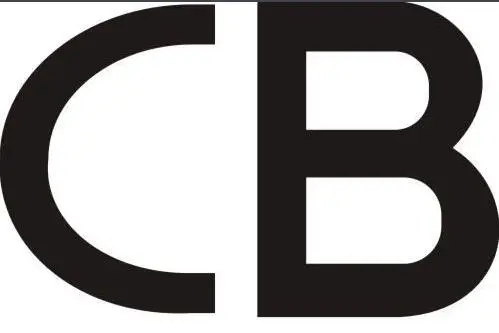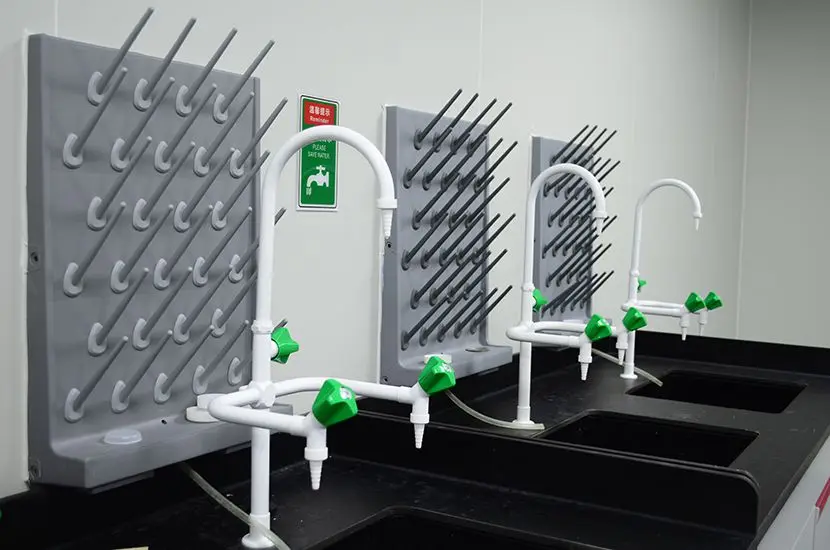
What are the CB Certification Body?
What is cb certification?
The CB system (IECEE System for Conformity Testing and Certification of Electrotechnical Equipment and Components) is an international system operated by the IECEE. Certification bodies in IECEE member countries test the safety performance of electrotechnical products according to IEC standards, and the resULts are shaRED as CB test reports and cb test certificates, which are mutually recognized among IECEE member countries. The goal is to reduce international trade barriers by ensuring compliance with the certification or approval standards of various countries.

IECEE is short for the International Electrotechnical Commission System for Conformity Testing and Certification of Electrotechnical Equipment and Components.
CB certification is an international certificate primarily aimed at promoting international trade. It seeks to achieve this through the harmonization and coordination of national standards and product certification bodies, bringing manufacturers closer to the ideal of "one test, multiple applications." The CB (Certification Body) process is based on an international agreement within the IECEE World System for Conformity Testing and Certification of Electrotechnical Equipment and Components. This system is an agreement among national certification bodies dedicated to mutual recognition of audit results for electrotechnical products.
Countries participating in the CB system include 53 countries, including major industrialized nations. Currently, CB certification is considered the foundation for national certifications in many European countries, including those that are not yet official members.
How to Check CB Certification Bodies?
The National Certification Bodies (NCBs) operate national certification or approval schemes for electrotechnical equipment and components in countries that have a Member Body of the IECEE. They issue cb test certificates.
Search link: https://www.iecee.org/dyn/www/f?p=106:41:0
There are 91 in total. China currently has 6, and the list is as follows:

China JJR and CVC laboratories, both under the LIO Group, can provide CB certification services. We are based in China, which can save you 40% of the certification costs compared to other countries.
Required Documentation for CB Certification
1. Product user manual.
2. Safety design documents (including key structural drawings showing the design with creepage distances, clearances, insulation layers, and thicknesses).
3. Product technical specifications (or corporate standards).
4. Product electrical schematics.
5. Product circuit diagrams.
6. List of critical components or raw materials (please choose products with European certification marks).
7. Copies of certificates for complete machines or components.
8. Any other necessary documentation.
Notes:
1. The related documentation must be in both Chinese and English.
2. To shorten the certification cycle, it is best to provide the documentation in electronic format.
3. During the certification process, in special circumstances, additional relevant documentation may need to be submitted by the company.
Scope of cb certified Products
- CABL: Cables and Cords
- CAP: Capacitors as components
- CONT: Switches for appliances and automatic controls for electrical household appliances
- HOUS: Household and similar equipment
- INST: Installation accessories and connection devices
- LITE: Lighting equipment
- MEAS: Measuring instruments
- MED: Electrical equipment for medical use
- OFF: IT and office equipment
- POW: Low voltage, high power switching equipment
- PROT: Installation protective equipment
- SAFE: Safety transformers and similar equipment
- TOOL: Portable tools
- TRON: Electronics, entertainment
- BATT: Batteries
- MISC: Miscellaneous
Characteristics of the cb certificate
No expiration date, no factory inspection, and no annual certificate fee.
Note: Although the CB certificate has no expiration date, it is necessary to verify the validity of the CB certificate. The specific conditions for determining validity are as follows:
1. Attached with the corresponding CB report.
2. The CB certificate and report must be issued by official members of the CB system within their scope of capability, and the presented standards must fall within the scope recognized by the NCB.
3. The standards on which the certificate is based should not be lower than the corresponding IEC standard version of China's current standards.
4. If the CB certificate has been issued for over three years, the NCB should raise a query.
5. CB certificates and reports that include the term "R.O.C" (Republic of China) are not recognized.
Member Countries of the CB Certification
A total of 66 certification bodies from 51 countries, along with over 270 CB laboratories, participate in this mutual recognition system.
Countries participating in the CB system include 54, as follows:
1. Americas: United States, Canada, Brazil, Argentina, Mexico, Colombia.
2. Europe: United Kingdom, Ireland, France, Spain, Portugal, Norway, Sweden, Finland, Russia, Denmark, Poland, Netherlands, Belgium, Germany, Czech Republic, Austria, Slovenia, Slovakia, Hungary, Switzerland, Italy, Belarus, Ukraine, Romania, Greece, Turkey, Serbia, Croatia, Bulgaria.
3. Asia: China, South Korea, Japan, Thailand, Singapore, Indonesia, Malaysia, India, Israel, UAE, Saudi Arabia, Pakistan, Bahrain.
4. Africa: South Africa, Kenya, Libya.
5. Oceania: Australia, New Zealand.
Benefits of CB Certification
1. Convertibility: Manufacturers can use a CB test certificate issued by one NCB to obtain national certification in other CB system member countries.
2. Direct Recognition: With a CB certificate, further certification such as CCC, CQC, GS, KC, PSE, etc., usually requires only a small number of additional national difference tests. In some cases, the CB report can be used directly for export to countries like Malaysia, Indonesia, and others that do not have mandatory national certifications.
3. Cost and Time Savings: By applying for a CB test certificate domestically, companies save money and reduce turnaround time for sample and document submissions.
4. Increased Likelihood of Product Approval: With a CB test certificate, most or all CB test results are recognized when applying for certification in other countries, reducing the need for retesting and saving time and money. Furthermore, products that pass CB testing domestically are more likely to pass difference testing abroad.
CB Certification Application Notes
1. Apply for national difference testing: When applying, specify the destination countries/regions to understand the standard differences, avoiding additional tests and higher costs when applying abroad.
2. One CB test certificate can cover multiple factory locations for the same product.
3. One CB certificate corresponds to one trademark or brand.
4. Critical components must meet relevant certification requirements.
5. The CB mark cannot be used directly for commercial promotion, such as printing on product packaging, but the certificate holder can mention obtaining the CB test certificate in business correspondence to facilitate product sales.
Email:hello@jjrlab.com
Write your message here and send it to us
 Cost of U.S. FDA CFR 21 177.2600 Test Report
Cost of U.S. FDA CFR 21 177.2600 Test Report
 How much does the IP44 Compliance Test cost
How much does the IP44 Compliance Test cost
 What is LFGB Test
What is LFGB Test
 What does LFGB certified mean?
What does LFGB certified mean?
 Weee authorised representative germany
Weee authorised representative germany
 Where to Apply for 2026 Air & Sea Transport Ce
Where to Apply for 2026 Air & Sea Transport Ce
 Guide to IEC Test Reports for Lighting Exports
Guide to IEC Test Reports for Lighting Exports
 IEC/EN 62471 and IEC/EN 62778 (Photobiological Saf
IEC/EN 62471 and IEC/EN 62778 (Photobiological Saf
Leave us a message
24-hour online customer service at any time to respond, so that you worry!




